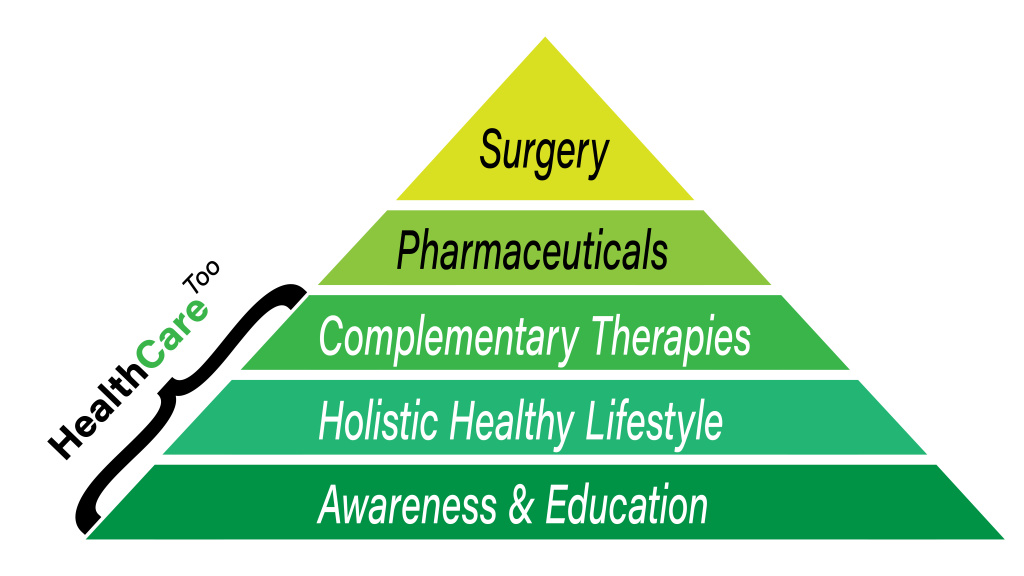Social Determinants of Health Data
As healthcare organization increase focus on social determinants of health like housing, education, nutrition, lifestyle, etc. there is growing need for social determinants of health data. While interoperability among Electronic Healthcare Record systems (EHRs) remains largely a mess, now is the time to reimagine Health Information Management.
Rather than working the next 10 years to promote interoperability among institutions in a reactive sick care system, we need to expand focus to address social determinants of health data. What good does it do to have a consolidated patient record available throughout every hospital and primary care practice (still many years away) when 80% of more of what determines health goes undocumented and unnoticed? Now is the time to think holistically and address the Health Information Management solution for tomorrow.
Healthcare providers that provide direct patient care have long recognized that social and economic factors have a significant impact on the health of an individual, and the health of populations, yet it has only been in the past few years that healthcare organizations have started to formalize an approach to addressing social determinants of health, such as food insecurity, housing, transportation and literacy.
These efforts to focus more on the upstream factors that influence patients’ health are occurring in parallel to the healthcare industry’s ongoing transition from fee-for-service to value-based care and payment models, as patient care organizations look to improve health outcomes and reduce costs. For health systems, moving beyond facility walls to collect and incorporate social determinants data into community level programs represents the next phase of population health management strategy.
Healthcare leaders engaged in these efforts have found that health IT is foundational to this work in the collection of social determinants data as well for data exchange across the care continuum, workflow integration and analytics to risk stratify the highest-need individuals. Leading hospitals, medical groups, and health systems, as well as accountable care organizations (ACOs) and health insurers are moving forward in this work with a number of different approaches.
Source: www.healthcare-informatics.com




